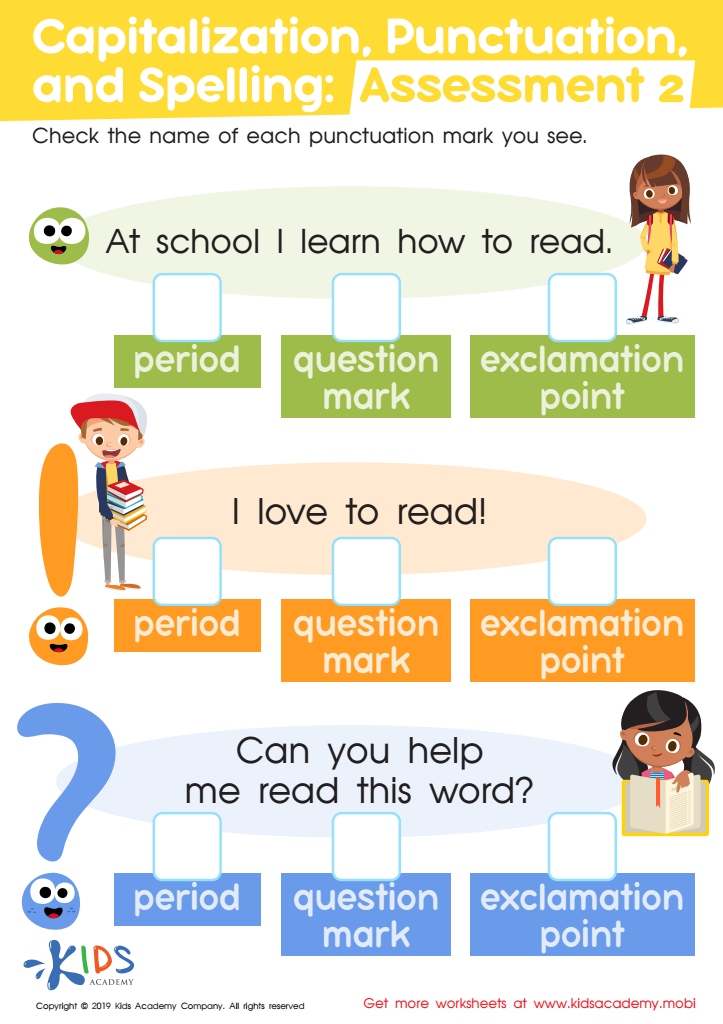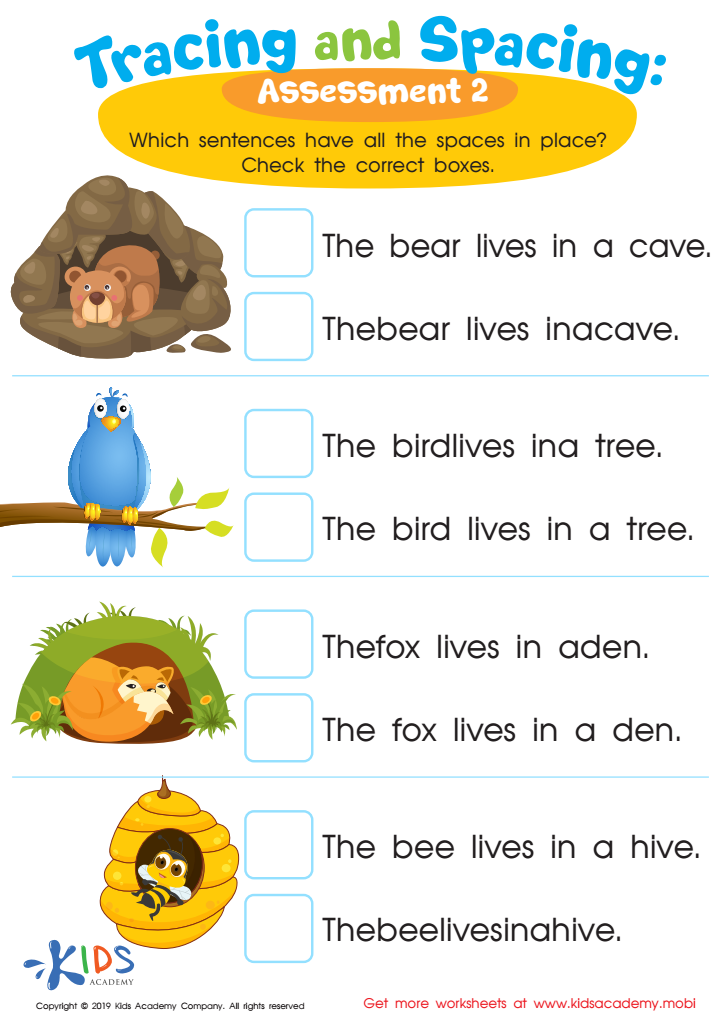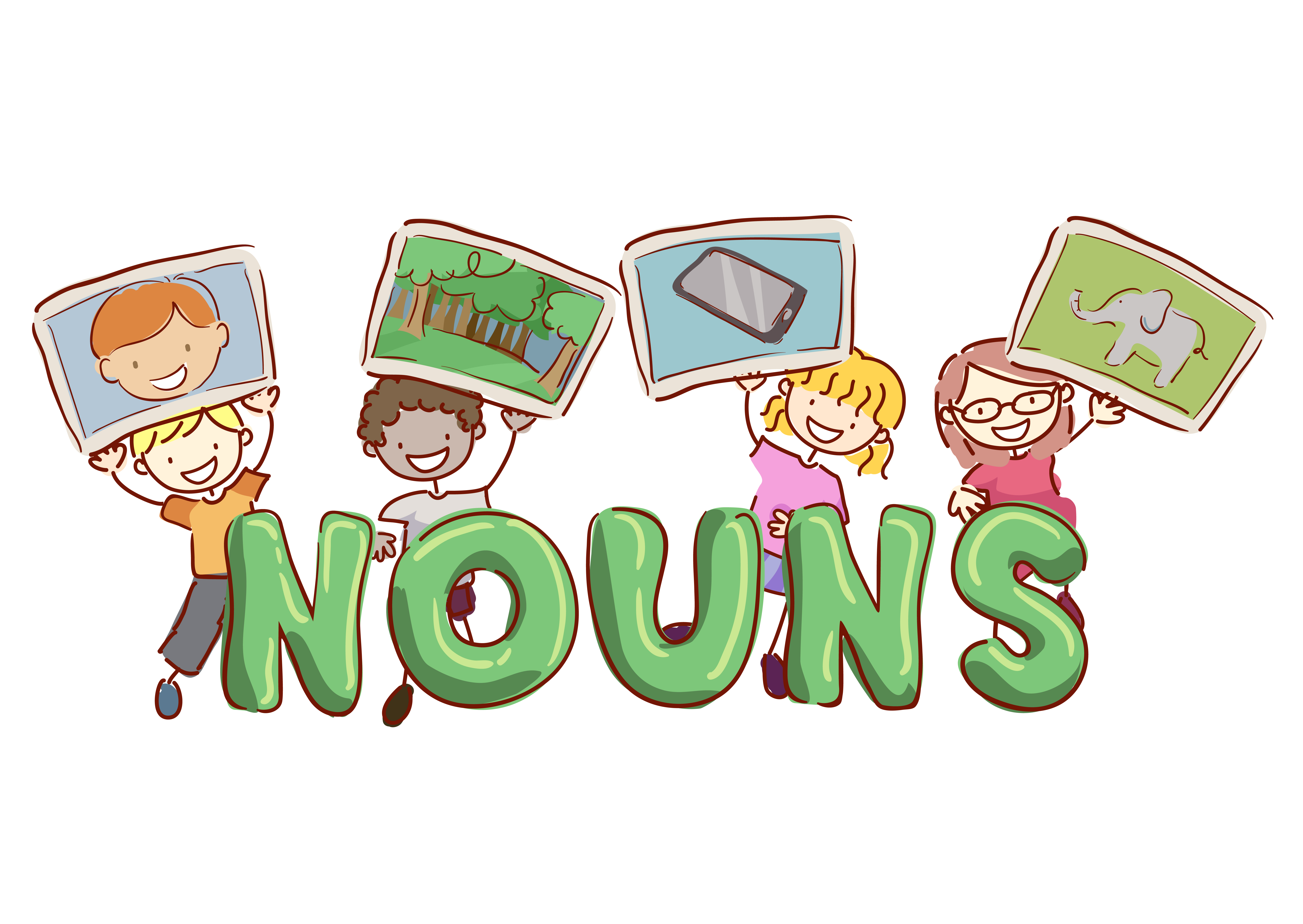Punctuation worksheets activities for Ages 4-5
2 filtered results
-
From - To


Capitalization. Punctuation. Spelling: Assessment 2 Worksheet


Tracing and Spacing: Assessment 2 Worksheet
Punctuation worksheets activities are essential tools in the journey of mastering the English language. These activities are not just exercises; they represent a fundamental aspect of learning and understanding how punctuation marks shape the meaning of sentences. The usefulness of punctuation worksheets activities can be appreciated across various dimensions.
Firstly, punctuation worksheets activities help in enhancing clarity and precision in writing. They teach learners how to correctly use commas, periods, question marks, exclamation points, and other punctuation marks. This knowledge is vital because punctuation marks act as signals to readers, indicating how sentences should be read and understood. Without proper punctuation, sentences can become ambiguous or misleading, leading to misunderstandings.
Moreover, these activities are beneficial for developing strong grammar skills. Punctuation is closely tied to grammatical structures, and mastery of punctuation is often indicative of a deeper understanding of grammar. Through punctuation worksheets activities, learners can practice and reinforce their grammar skills, contributing to more effective and polished writing.
Punctuation worksheets activities also foster critical thinking. They encourage learners to analyze sentences and decide the most appropriate punctuation marks to use, based on the intended meaning. This process requires careful consideration and judgment, skills that are invaluable not just in writing, but in daily communication and problem-solving.
Furthermore, these activities are versatile and can cater to various learning styles. Whether it's through direct instruction, interactive online exercises, or group work, punctuation worksheets can be adapted to suit the needs of different learners, making the learning process more engaging and effective.
In conclusion, punctuation worksheets activities are an indispensable part of learning English. They not only improve writing skills by ensuring clarity, precision, and grammatical correctness but also foster critical thinking and adaptability. Embracing these activities is a step towards becoming a proficient and confident communicator in the English language.

 Assign to the classroom
Assign to the classroom




.jpg)






